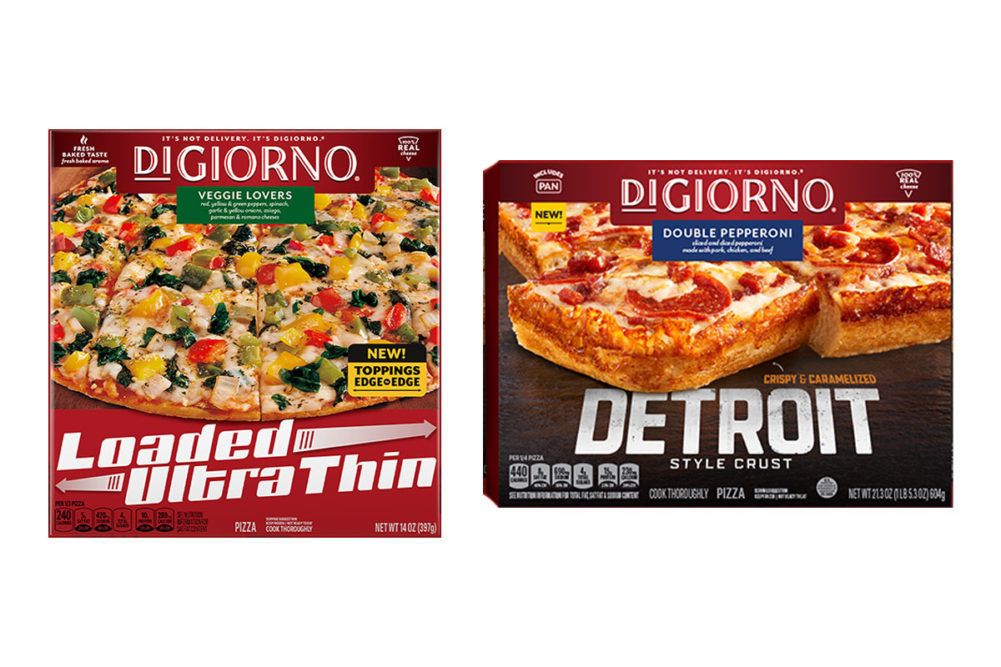ARLINGTON, VA. — Nestle USA, a business unit of Nestle SA, is investing in regenerative agriculture practices across its DiGiorno supply chain to reduce the company’s overall carbon footprint.
Nearly two thirds of the company’s carbon emissions come from ingredient sourcing, which is largely based in agricultural practices, according to the company. The investment will impact over 100,000 acres of wheat-producing farmland, which is nearly double the amount of acreage used to grow the wheat sourced for DiGiorno products.
Nestle has partnerships with ADM and Ardent Mills, the two primary wheat flour suppliers for DiGiorno products, to support wheat farms in Kansas, Missouri, North Dakota and Indiana. The initiative supports Nestle’s plan to achieve net zero emissions by 2050, starting with the goal of sourcing 20% of ingredients from regenerative farmland by 2025 and 50% of ingredients from the same by 2030.
"At Nestle our aim is to help leave the world better than we found it, and as the world's largest food and beverage company, we have a tremendous opportunity to help create a regenerative, healthy food system while also working with the local farming communities that employ it," said Steve Presley, chief executive officer, Nestle Zone North America. "To do this we need to find solutions that create shared value throughout the ecosystem — value for us, value for farmers, value for our consumers and value for the planet. This investment in wheat producers is just one example of how we are bringing this commitment to life across our supply chain."
In an overview of farmers who have implemented regenerative farming practices in 2022, ADM reported that over 50% of participating wheat farms utilized cover crops or live roots, sequestering more than 3,800 metric tonnes of CO₂e. That amount of CO₂e is the equivalent of taking nearly 850 gas-powered cars off the road for a year, according to the company.
Nestle also is reviewing its tomato supply chain by supporting regenerative agriculture verification efforts in partnership with the nonprofit Leading Harvest, with the eventual goal of sourcing sustainably grown tomatoes. Leading Harvest uses their Farmland Management Standard measuring system to monitor and audit 13 key principles of regenerative agriculture, including soil health and conservation of resources.
"Many tomato farmers in our supply chain have already been doing the work to implement regenerative farming practices in their fields, and they've made great progress so far," said Emily Johannes, head of diverse and sustainable sourcing, Nestle USA. "We are now working to verify these efforts throughout the supply chain in a way that is effective and efficient for our brands and the farmers. Third-party verification is a critical component of this work because it helps us, and others, remain accountable."


